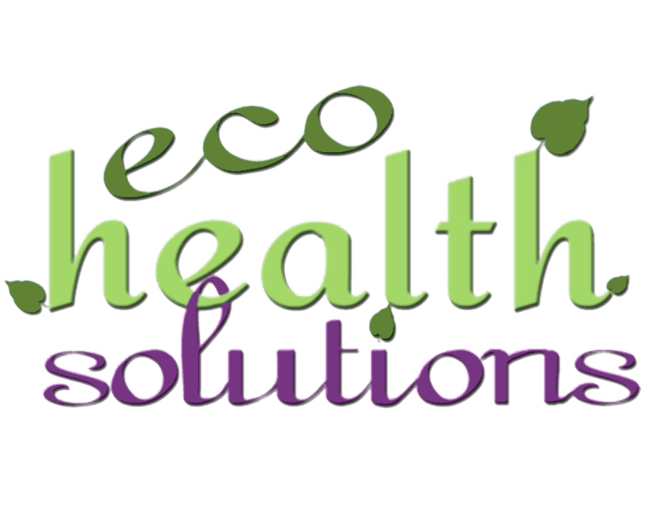When Building Biology Means Building Courage
Developments in My World Around Building Biology
Building courage has been important in these three great things that have happened in the last week or so.
First
Firstly, I finnnaaalllllyyyyyy completed my Advanced Diploma in Building Biology. With only one subject to go, loads of travel, and a lot of work on my plate, it was such a struggle to get this done. Pretty much every block of time that I had set aside to study, something came up or someone needed something, and my study time disappeared. I started to recognise the pattern, so I set a date. I focused and worked really hard to get through the enormous pile of readings, and do the assessments. I had to push the date out a tiny bit, but I DID IT!!
Second
The second one was the talk I did for the AustralAsian Academy of Anti Ageing Medicine conference on 3rd August. I was so ridiculously nervous. I have spoken to around 5000 people in the building industry in the last twelve months, but this one had me running scared. Why? Because I created an idea of what I thought they expected and knew I wouldn’t be doing that. I made up this story that had me all freaked out and in avoidance mode. To top it off, I was the second speaker for the day, and listening the to first one confirmed my stories (he was incredible!!). I had to really get the self-talk happening, that it was going to be fine – completely different style, completely different level of information, and perfect in its uniqueness. It was a smaller group that I was used to (around 70), but this actually made me more nervous! Anyway, I got up there and did it. I could hear a slight waver in my voice, fortunately no one else noticed. At the end, I was astonished at the positive reception I had for it. And now, all of those medical professionals are more aware of the role that our built environments play in our health, and are thinking more broadly in how best to assist their patients.
Third
And most recently, I heard back that my application to be a speaker at the Indoor Air Quality Association conference in 2019 in the US was approved! Applying for this was scary as it meant putting myself out there, possibly being rejected, and then if accepted, speaking in front of some amazing scientific minds… I did it anyway, even though I was literally terrified. Straight after sending it, I posted “I did it!” on social media – because it was such a big deal…

So, why am I sharing all of this?
I think all of us get scared of doing things, and procrastinate and push them down the list. But I think all of those things we need to do are important on the grander scale, and it is only the stories we create that hold us back.
I really want to encourage you to just do it anyway. You never know just how your action can ripple out into the world and make it a better place.

